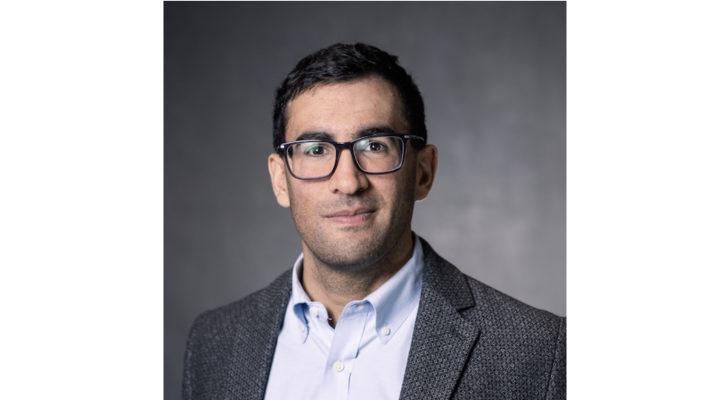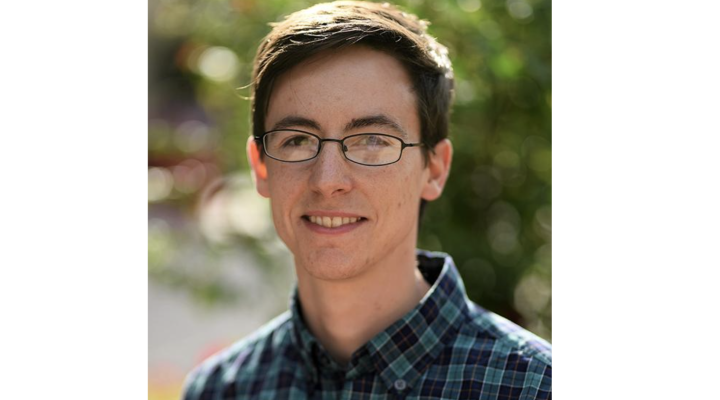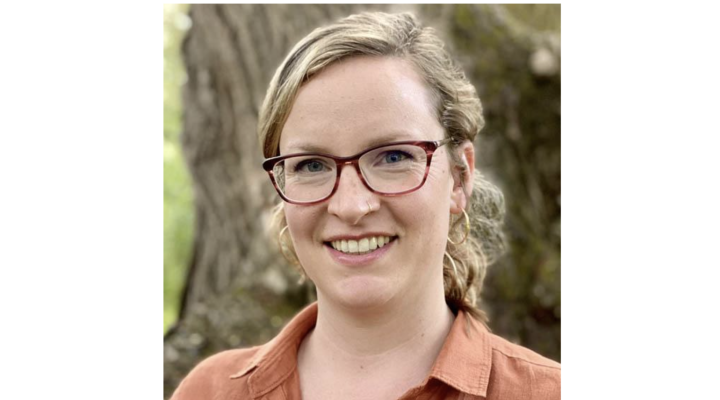Assistant professor, Electrical and Computer Engineering
Academic focus: Optics and photonics; atomic physics/techniques; quantum engineering
Research summary: Individual atoms in the void form nearly ideal, noise-free systems for quantum technologies ranging from computation to precision sensing. As fundamentally attractive as they are though, controlling individual atoms practically, particularly at scale, is hard. Our group explores techniques broadly at the boundary of atomic physics and scalable classical photonics/electronics — this leads us to explore new photonic materials/devices, together with the light-matter interactions enabled by their interface with atomic systems, in pursuit of precise and scalable quantum technologies.
What inspired you to pursue a career in this field? I was bowled over by the beauty of optics when I first properly learned electromagnetism. It’s also hard not to be fascinated by quantum mechanics, and these turn out to be wonderfully related — both in terms of the basic physics, and in technology too, in ways that have evolved in interesting and impactful ways over decades. It’s been a pleasure to continue to see and pursue some exciting opportunities while understanding these areas better.
What are you most looking forward to as a Cornell Engineering faculty member? Building up a group is an exciting challenge, and in research I’m always looking to find new directions to pursue. I look forward to being able to do this together with the great students, staff, and faculty here.
What do you like to do when you’re not working? I’ve played the violin for a very long time and enjoy it a lot, particularly chamber music. I like to run also.
Learn more about Karan's research at his PQE Lab website.





